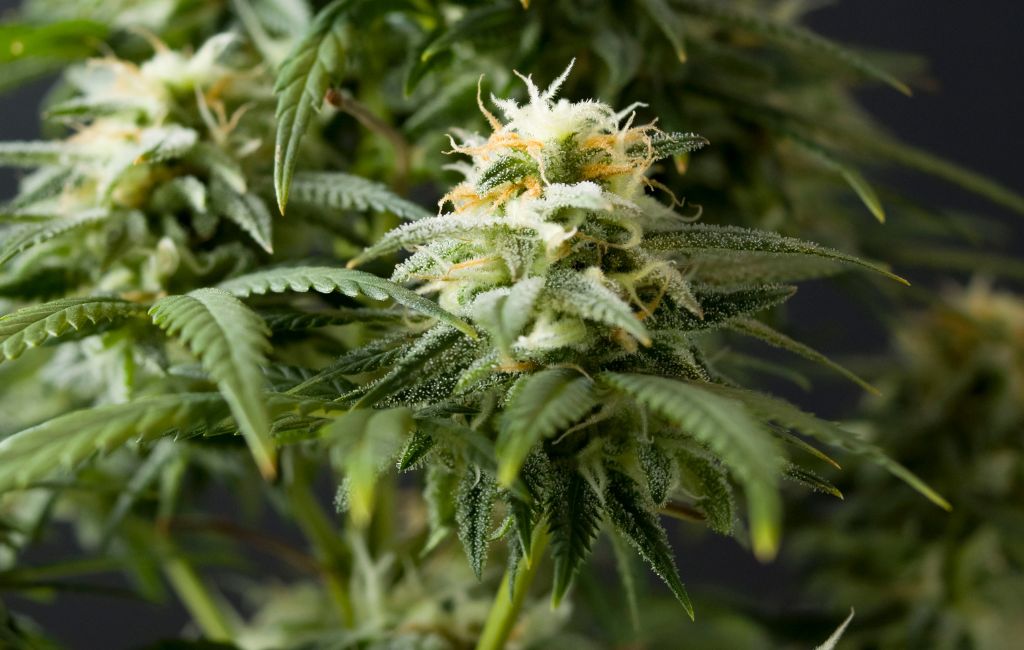Benefits of THCa-rich Cannabis Flower
In recent years, the cannabis industry has seen a surge in interest surrounding THCa-rich cannabis flowers. THCa, or tetrahydrocannabinolic acid, is a non-psychoactive cannabinoid found in raw cannabis plants. Unlike THC, THCa does not produce a high when consumed in its natural form. This article explores the various benefits of THCa-rich cannabis flower, supported by research and real-world examples.
Understanding THCa
THCa is the acidic precursor to THC. When cannabis is heated through smoking, vaping, or cooking, THCa undergoes decarboxylation, converting into THC. This process is what gives cannabis its psychoactive properties. However, when consumed raw, THCa offers a range of potential health benefits without the intoxicating effects.
Non-Psychoactive Nature
One of the primary advantages of THCa is its non-psychoactive nature. This makes it an appealing option for individuals seeking the therapeutic benefits of cannabis without the high. This characteristic allows for greater flexibility in consumption methods, such as juicing or adding raw cannabis to smoothies.
Health Benefits of THCa
Research into the health benefits of THCa is still in its early stages, but preliminary findings suggest several promising applications.
Anti-Inflammatory Properties
THCa has shown potential as an anti-inflammatory agent. Studies indicate that it may help reduce inflammation, making it a potential option for individuals with conditions like arthritis or inflammatory bowel disease. By targeting inflammation, THCa could provide relief from pain and discomfort associated with these conditions.
Neuroprotective Effects
Emerging research suggests that THCa may have neuroprotective properties. This means it could help protect brain cells from damage, potentially offering benefits for individuals with neurodegenerative diseases such as Alzheimer’s or Parkinson’s. While more research is needed, these findings are encouraging for those seeking alternative treatments.
Antiemetic Properties
THCa has been studied for its potential antiemetic effects, which could help reduce nausea and vomiting. This makes it a potential option for individuals undergoing chemotherapy or those with chronic nausea. By alleviating these symptoms, THCa could improve the quality of life for patients dealing with these challenging conditions.
Consumption Methods
There are several ways to incorporate THCa-rich cannabis flowers into a wellness routine. Here are a few popular methods:
- Juicing: Fresh cannabis leaves and flowers can be juiced to create a nutrient-rich beverage. This method preserves the THCa content and provides a convenient way to consume it.
- Raw Consumption: Adding raw cannabis to salads or smoothies is another way to enjoy the benefits of THCa. This method allows for easy integration into daily meals.
- Tinctures: THCa tinctures are available for those who prefer a more concentrated form. These can be added to food or beverages for easy consumption.
Case Studies and Real-World Examples
Several case studies highlight the potential benefits of THCa-rich cannabis flowers. For instance, a study conducted by the University of California found that patients with chronic pain reported significant relief after incorporating THCa into their treatment regimen. Another example involves a patient with epilepsy who experienced a reduction in seizure frequency after using THCa-rich cannabis.
Legal Considerations
The legal status of THCa-rich cannabis flowers varies by region. In some areas, THCa is considered legal due to its non-psychoactive nature, while in others, it falls under the same regulations as THC. It’s important for consumers to be aware of the laws in their area before purchasing or using THCa products.
Conclusion
THCa-rich cannabis flowers offer a range of potential health benefits without the psychoactive effects associated with THC. From anti-inflammatory and neuroprotective properties to antiemetic effects, THCa presents a promising option for individuals seeking alternative treatments. As research continues to evolve, the understanding of THCa’s benefits will likely expand, providing further insights into its therapeutic potential.
